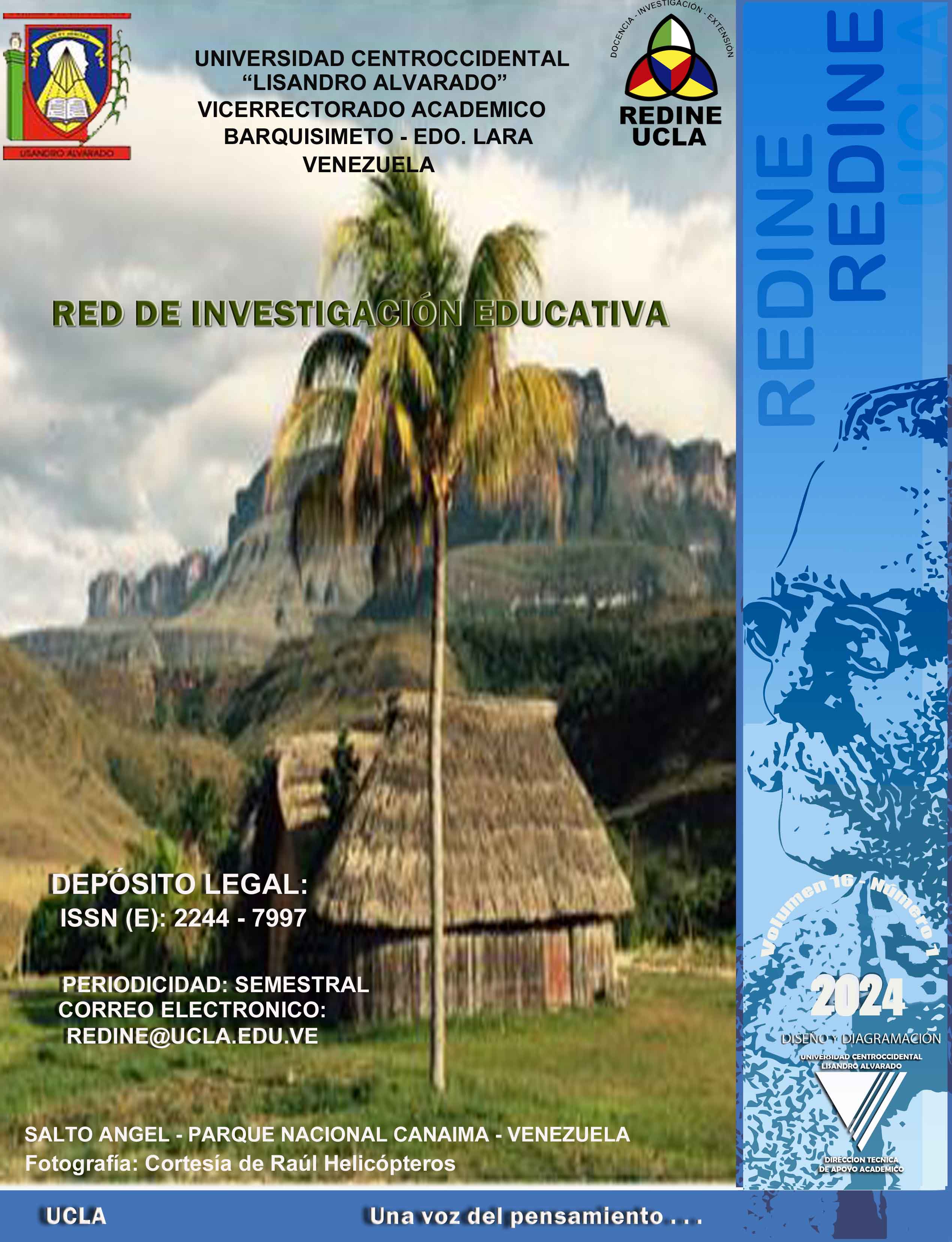Semantic-discursive study of responsibility in Paul Ricoeur
DOI:
https://doi.org/10.5281/zenodo.10426402%20Keywords:
Discourse analysis, relation of meaning, shared knowledge, responsibility, RicoeurAbstract
Human interaction revolves around discursive practices, whose semanticity is essential for the formation of culture. Through Discourse Analysis, it is possible to categorize, analyze, deconstruct and reconstruct discourses, whose relation with meaning and social bond is undeniable. This semantic-discursive study will review the category responsibility in the text Power, fragility and responsibility, a product of Paul Ricoeur's speech within the framework of his investiture as an honorary doctor by the Complutense University of Madrid in 1993. Two intentions are proposed: from the lexical-semantic point of view, to establish the meaning relation of the responsibility category, through the application of Van Dijk's macro-rules (cited by Calsamiglia and Tusón, 2001) to determine the global semantic macrostructure, the lexical and grammatical procedures that ensure the maintenance of the category and the metaphor analysis model proposed by Lakoff and Johnson (1995) as input to build concepts in the speech. From the discursive point of view, review the management of shared knowledge strategies (Van Dijk, 2013), which Ricoeur uses in front of the epistemic community of the Complutense University of Madrid, in order to guarantee communication, through presupposition and implicatures, which guide the understanding of the construction of knowledge of the extralinguistic world. It is concluded that the value of interdisciplinarity in language studies is due to the fact of articulating the structure of metaphor to the approach of shared sociocultural knowledge and ideology, which use discursive strategies to manifest them. Also, the lexical, semantic and discursive procedures used allowed us to specify the new definition of responsibility proposed by Ricouer, which enriches his ethical philosophy.
Downloads
References
Calsamiglia, H., Tusón, A. (2001). Las cosas del decir. Manual de análisis del discurso. Ariel: Barcelona.
Charaudeau, P. (2009). Análisis del discurso e interdisciplinariedad en las ciencias humanas y sociales. in Puig L. (ed.), El discurso y sus espejos, Universidad Nacional Autónoma de México, México.
Greimas, A. (1987). Semántica estructural. Investigación metodológica. Editorial Gredos, S.A.: Madrid.
Hjelmslev, L. (1971). Prolegómenos a una teoría del lenguaje. Editorial Gredos, S.A.: Madrid.
Lakoff, G., Johnson, M. (1995). Metáforas de la vida cotidiana. Cátedra: Madrid.
Lyons, J. (1997). Semántica lingüística. Una introducción. Ediciones Paidós Ibérica, S.A.: Barcelona.
Morales, E. (2000). Semántica en Manual de ciencias del lenguaje. Universidad de la Coruña.
Ricoeur. P. (1993). Poder, fragilidad y responsabilidad. https://repositorio.uam.es/bitstream/handle/10486/295/
_Poder%20fragilidad%20y%20responsabilidad.pdf?sequence=1&isAllowed=y.
Ricœur, P. (2002). Del texto a la acción. Ensayos de hermenéutica II. Fondo de Cultura Económica: México. D.F.
Ullmann, S. (1976). Semántica. Una introducción a la ciencia del significado. Editorial Aguilar: Madrid.
Van Dijk, T. (1994). Conferencia 3 Estructura discursiva y cognición social en Discurso, poder y
cognición social. Cuadernos. Nº2, Año 2. Octubre de 1994. Maestría en Lingüística.
Escuela de Ciencia del Lenguaje y Literaturas.
Van Dijk, T. (2002). Tipos de conocimiento en el procesamiento del discurso en Lingüística e
interdisciplinaridad: Desafíos del nuevo milenio. Ediciones Universitarias de Valparaíso
de la Universidad Católica de Valparaíso, 2002, pp.41-66. http://www.discursos.org/oldarticles/Tipos%20de%
conocimiento%20en%20el%20procesamiento%20del%20discurso.pdf
Van Dijk, T. (2013). Discurso y contexto. Un enfoque sociocognitivo. Editorial Gedisa, S.A.: Barcelona.
Published
How to Cite
Issue
Section

This work is licensed under a Creative Commons Attribution-NonCommercial-ShareAlike 4.0 International License.
Derechos del/de autor/es a partir del año de publicación
Esta obra está bajo la licencia:
Creative Commons Reconocimiento-NoComercial-CompartirIgual 4.0 Internacional (CC BY-NC-SA 4.0)
Las opiniones expresadas por los autores no necesariamente reflejan la postura del editor de la publicación ni de la UCLA. Se autoriza la reproducción total o parcial de los textos aquí publicados, siempre y cuando se cite la fuente completa y la dirección electrónica de esta revista. Los autores(as) tienen el derecho de utilizar sus artículos para cualquier propósito siempre y cuando se realice sin fines de lucro. Los autores(as) pueden publicar en internet o cualquier otro medio la versión final aprobada de su trabajo, luego que esta ha sido publicada en esta revista.




